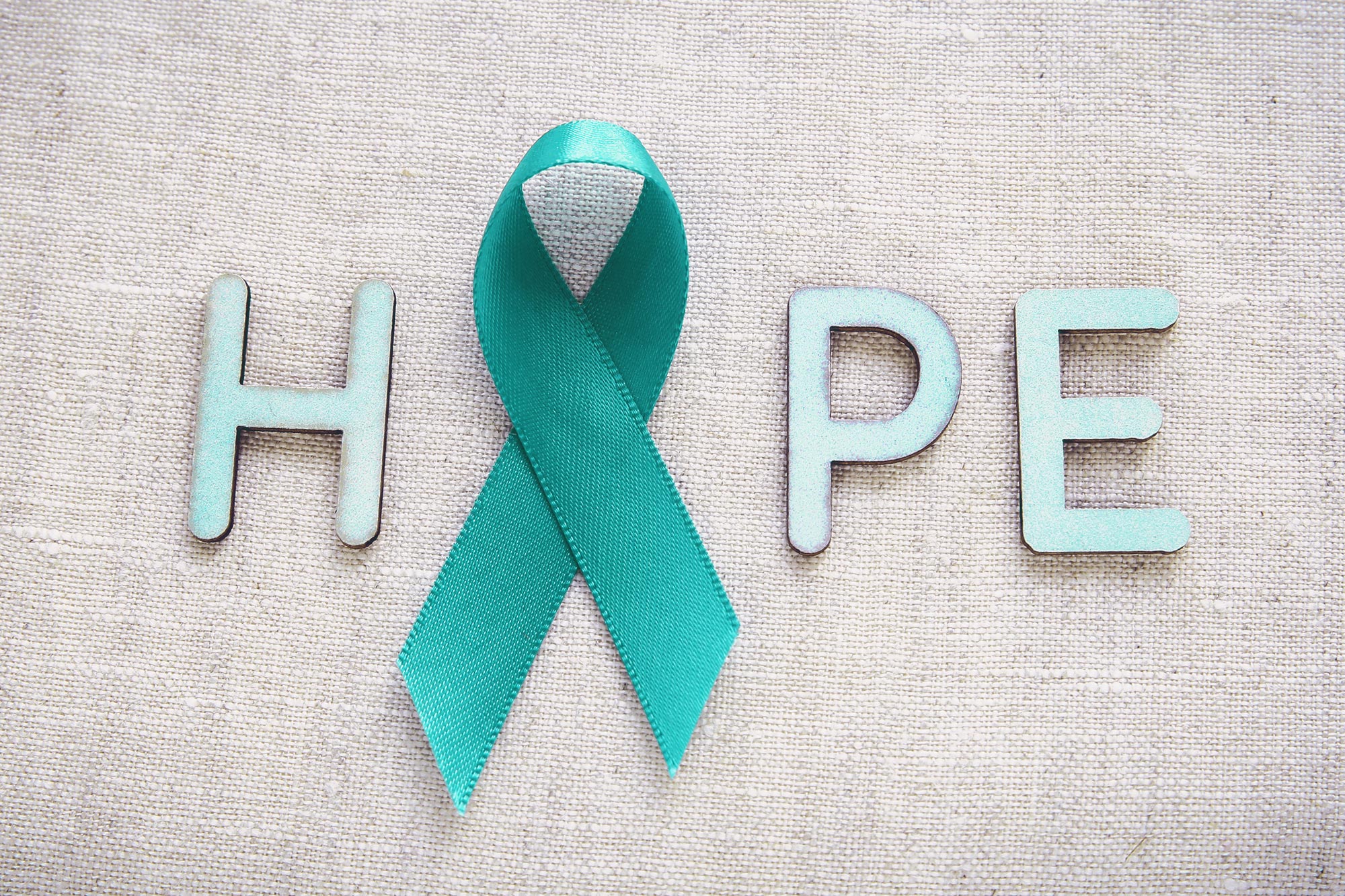Cervical Cancer - A Preventable Problem
Apr 19, 2022
Cancer of cervix or the mouth of uterus is the second most common cancer in females in our country, after breast cancer..And this distribution varies from rural to urban areas, being first most common in the rural areas. With the number of newly diagnosed cases decreasing every year, it is reassuring that several measures of genital hygiene and practices like having less number of children and abortions do play an important role in prevention.
An important advancement that science has given us is the Cervical Cancer Vaccine…Yes…. you read it correctly…there is now a vaccine to prevent cervical cancer.

As in almost 95% of the cases, it is a viral infection that persists and causes changes in the cervix that develop into a cancer, it is very much preventable. Solution is simple, prevent the viral infection or treat it so that it does not persist, thus preventing cervical cancer.
The cells in the cervix of a female undergo a lot of changes from birth to puberty to pregnancy and menopause. The infection in these cells with HPV (Human Papilloma Virus) occurs as a result of sexual transmission. Almost all married females are infected with this infection at some or the other time during their lifetime, but the infection is cleared naturally from the body by the body’s immunity. However, if this infection does not get cleared due to a weak immune system as in smokers, immunosupressed people, or it persists; it leads to several changes in these cells. They transform through a pre cancerous stage to cancer and this also takes several years.
So, the first step to prevent this cancer is to prevent the infection itself. Apart from a good genital hygiene, vaccination for HPV prevents infection from these most common cancer causing viruses (2/4/9 depending on the vaccine used) if it is given before sexual exposure. The vaccine is given to females of age 9-26 years as two (<15 years) or 3 (15-26 years) doses as a simple injection on an OPD Basis. It has minimal side effects with results reported to prevent the precancerous conditions and cancer as well.
However it is important to understand that the vaccine does not prevent the cancer 100% as it does not protect infection against all the viruses; though the chances would decrease drastically. So, the second step of cervical cancer prevention is SCREENING, i.e. cervical cancer screening is to be done even after vaccination as in non vaccinated females.
Screening is done by PAPS smear which is a very simple test to prevent this cancer even if you have missed on your vaccination, which detects the infection or precancerous stage in females who do not even have any symptoms of cancer. Treatment of this infection or the precancerous stage would mean preventing the cancer itself.
This can be combined with a test called HPV DNA which tells if you are infected with virus or not. If both PAPS and HPV DNA test are negative, the chances of developing the cancer in next few years is almost close to zero. This should then be repeated after 5 years.
These two simple steps only, can prevent this problem/disease or cancer. This helps in preventing cervical cancer and as someone has rightly said PREVENTION IS BETTER THAN CURE!!!!This surely is true









